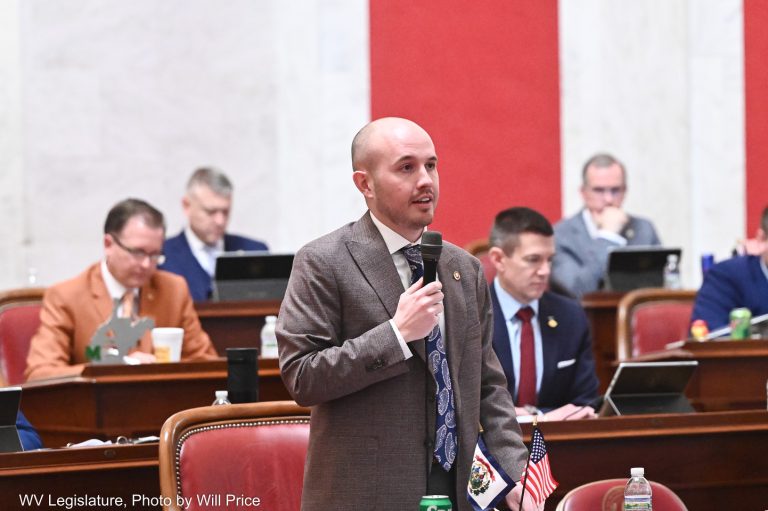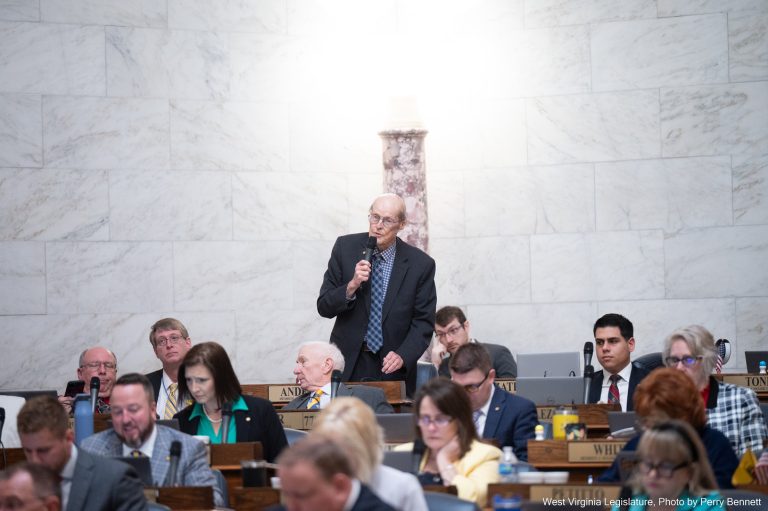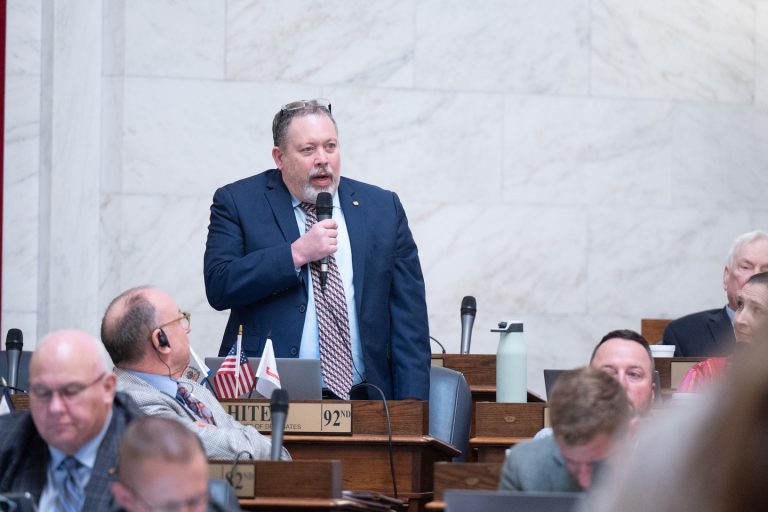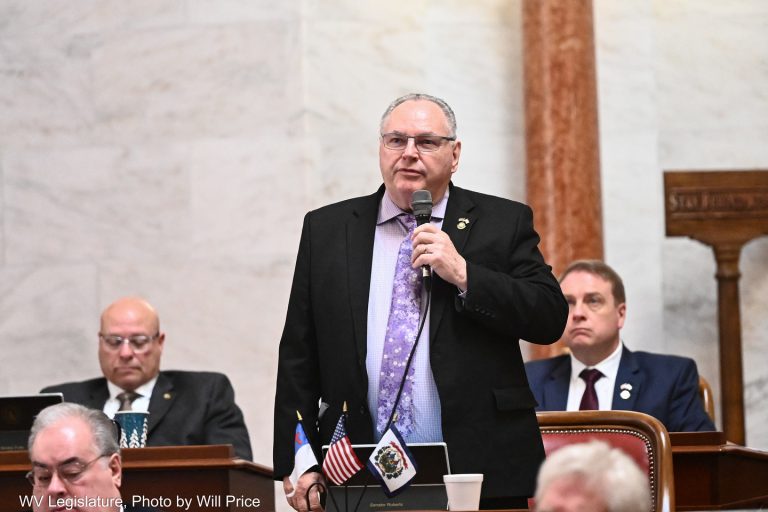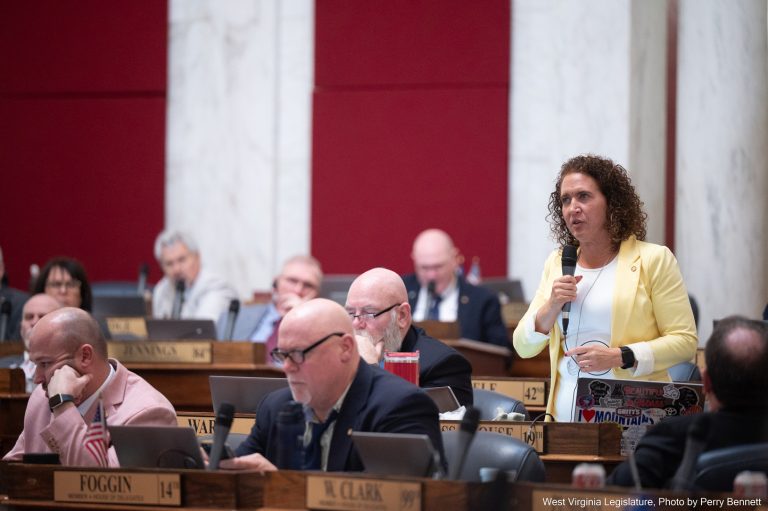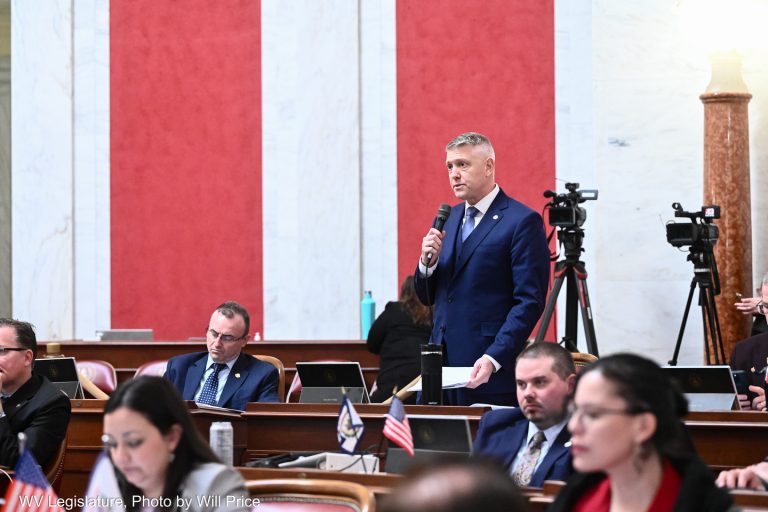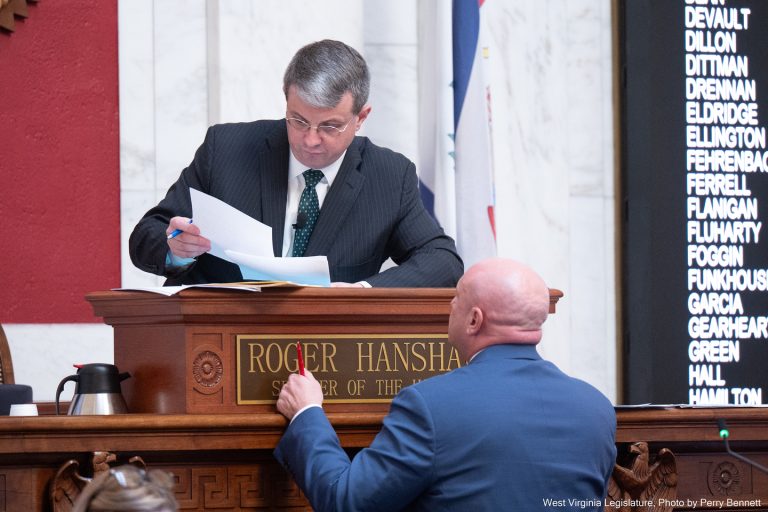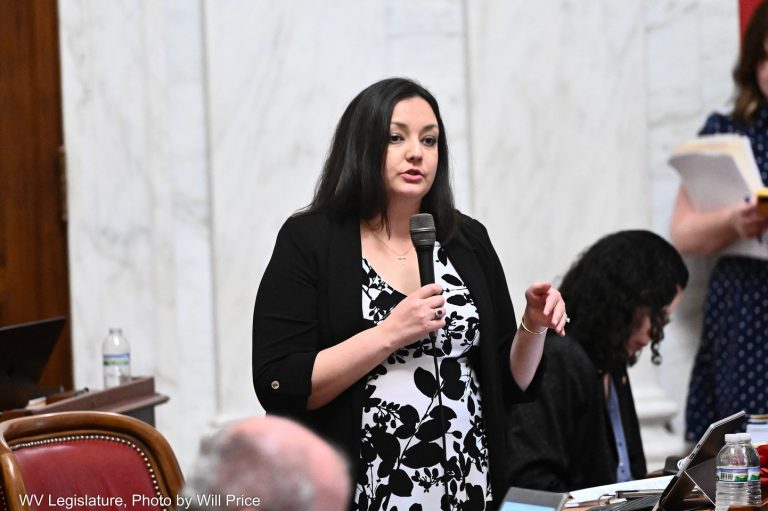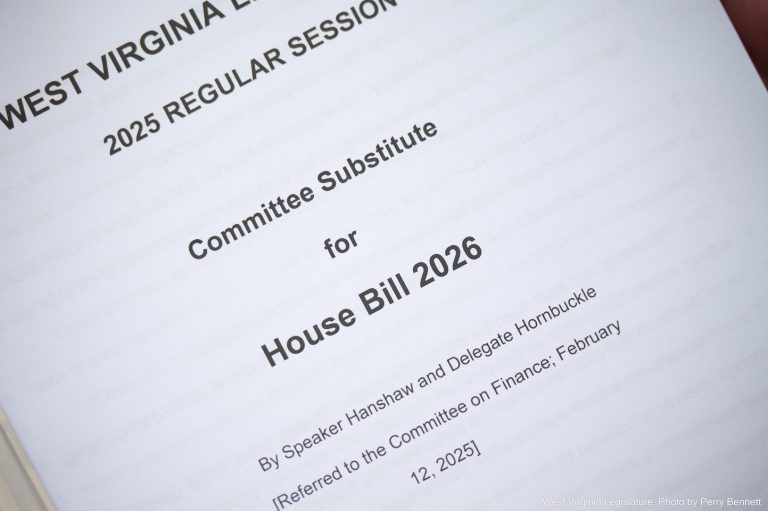On day 48 of the Legislative session, the House passed 27 bills in its morning floor meeting. Before the floor session, the Rules Committee moved House Bills 2409, 3432, 3446, and 3518 to the inactive calendar. House Bills 2054 and 3154 were transferred to the active Special Calendar.
Some bills passing today were:
Senate Bill 458 implements “universal licensure” which has been implemented in 26 other states. The bill applies to Chapter 30 boards, which would be required to issue occupational licenses for a person who has established residency in the state. The person must have completed all necessary requirements and examines in other states and be in good standing with the state they are licensed in.
House Bill 2002 creates a one-stop shop for permits relating to construction, economic development, infrastructure, and natural resources.
House Bill 2013 exempts new hires and those who switch positions from the civil service system and grievance process starting July 1, 2025.
House Bill 2156 gives DOH 30 days to respond to highway entrance permits. If the department does not respond, the request is auto-approved. If the permit is contested, the DOH has 15 days to respond. If the DOH follows the process and denies the request, the applicant can contest the denial in magistrate court within 15 days. If the applicant complies with the guidelines, there is an application fee. If the applicant requests emergency access or a shorter timeframe than outlined, the DOH may require a $500 application fee.
House Bill 2351 increases the compensation for panel attorneys to $90 for in-court work and $70 for out-of-court work.
House Bill 2571 provides tow companies with access to driver information provided by the DMV at any hour as long as the company is regulated by the Public Service Commission.
House Bill 2894 amends the human trafficking code and adds a new crime – human smuggling. The bill defines “human smuggling” as the knowing act of transporting, transferring, receiving, isolating, enticing, or harboring an illegal alien to avoid enforcement of state or federal immigration laws. The bill excludes immediate family members when transportation is done voluntarily. The bill sets penalties for smuggling an adult and a minor.
House Bill 3152 is the annual claims bill, which directs payment of moral obligations of state agencies for claims against the state.
House Bill 3167 requires hair follicle drug tests for parents in cases of substantiated abuse and neglect. The bill was amended to allow parents to opt into a follicle test if they believe they’ve had a false positive urine drug test. Hair follicle drug tests are considered the most accurate.
House Bill 3279 makes changes to the WVU and WVSU Boards of Governors. The bill requires a representative from the agriculture or forestry professions. The bill requires the WVU board to include representatives from WVU Tech and WVU Potomac. These added members are voting members. The bill also removes faculty, staff, and students from being voting members to nonvoting advisory members.
Resolutions introduced today can be found here.
During committee reports, six bills were read for the first time.
The House is in recess until 4 p.m.
Committee Meetings, Today March 31


